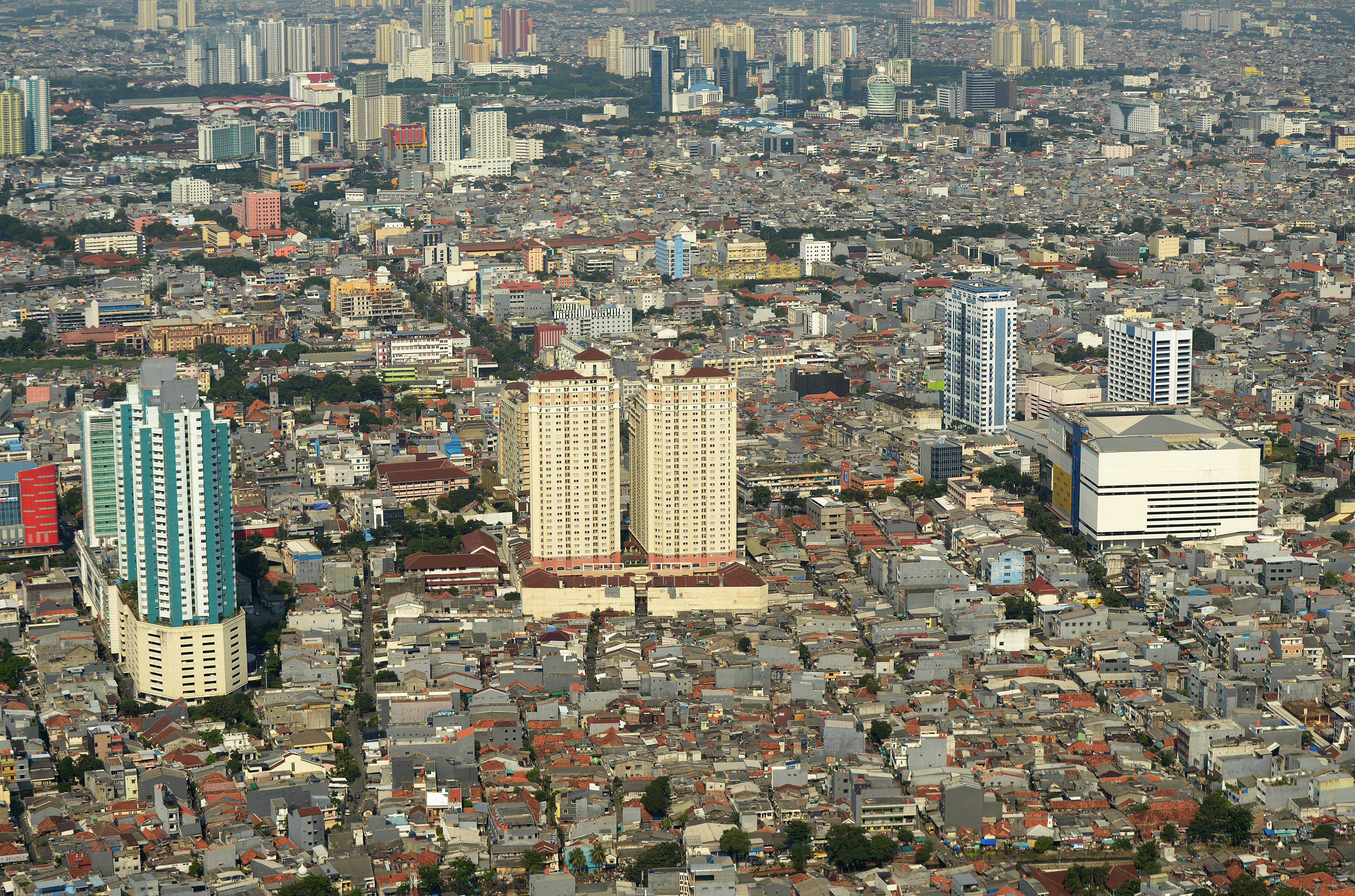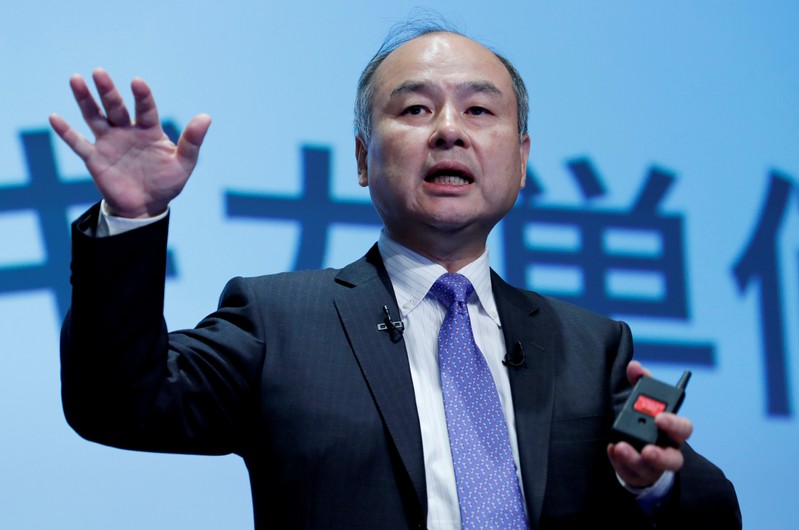
As the U.S.-China trade fight drags on, investors are increasingly looking to move their money to areas that are more insulated from the dispute.
To avoid being hit by the tariffs that both economic powerhouses have placed on each other’s goods, importers from the two countries have been seeking those products from places not impacted by duties.
As a result, Andrew Gillan, head of Asia ex-Japan equities at Janus Henderson Investors, said he is looking at Southeast Asia, where some countries have been a beneficiary of the dispute as trade flows divert.
In particular, he recommended markets such as the Philippines and Indonesia, which he describes as “a little bit out of favor but still growing at very high rates.”
As of Wednesday’s close, the PSE composite index in the Philippines and Jakarta composite in Indonesia have risen more than 10% and 3% for the year, respectively.
“We like those markets,” he told CNBC’s “Street Signs” on Wednesday. “We’ve maintained positions in the Philippines over the last few years but … we’re happy to be significantly overweight.”
Gillan also singled out the financial sector in Indonesia, where the stocks have “over the last decade delivered really long-term structural growth and maintained … high return on equity.” The Southeast Asian country recently saw incumbent President Joko Widodo being re-elected for a second term.
However, investors should stay away from North Asia, he said.
Gillan’s firm is currently looking to “rotate a little bit away” from North Asian markets such as China and even Taiwan and South Korea, with the latter two being an important part of the global technology supply chain — with companies such as chipmaker SK Hynix and major Apple supplier Hon Hai Precision Industry, better known as Foxconn.
The trade fight between Washington and Beijing has spilled over into the technology sector, with the U.S. accusing China of forced sharing of technology. Restrictions placed on the sale of U.S. tech to China have also spurred Beijing to develop more self-reliance, such as developing its own chips.
‘Very difficult’ to invest in Vietnam
While Vietnam has come under the spotlight as a beneficiary from the U.S.-China trade war, Gillan highlighted the difficulties of investing in its markets despite its attractiveness.
“There’s been a lot of manufacturing shift not just recently because of the trade wars but a lot of companies have already been shifting to Vietnam a few years ago because of … the cost competitiveness,” he said.
The benchmark VN index has risen about 10% for the year, as of Wednesday’s close.
Still, gaining access to the Vietnamese stock market is “very difficult,” he pointed out. Foreign shareholding limits are placed on “many of the most attractive stocks” in the country, resulting in foreign investors needing to pay a premium that could be 20% or more above ordinary shares.
Beyond that, Gillan said there are other ways that investors can tap into Vietnam, such as through investing in Thai companies that are expanding their presence in the country.

